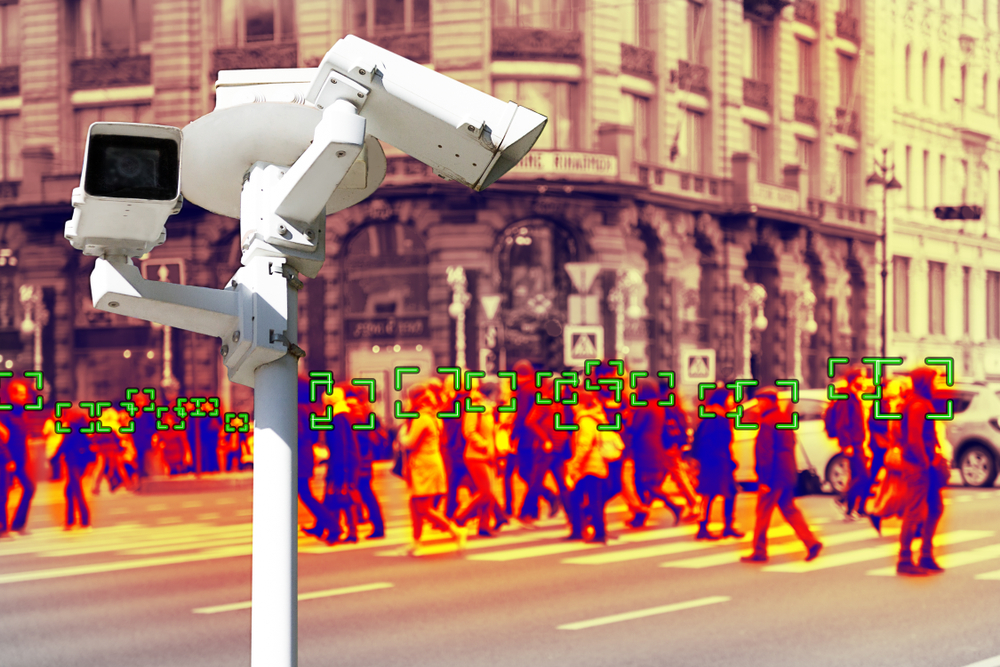Local authorities, AI and analytics in an analogue world


James Thorpe
Share this content
When talking about security and surveillance technology it is easy to get excited about the future, at the expense of focusing on the here and now. The pace of technology innovation has been relentless and we have progressed from talking about analogue cameras to discussing artificial intelligence, in what can feel like the blink of an eye. Yet typically the rate of adoption of new technology inevitably and understandably lags. Whilst there are resource-rich and pioneering organisations able to step forward and take the lead, others watch and wait from the side-line, for the technology to prove itself and for it to reach a price point that they can afford. One sector that is experiencing this is public space surveillance.
There are some obvious challenges for local authorities when it comes to adopting new surveillance technology. The geographic area that they cover can be vast, which means a large install base of analogue cameras can be a costly upgrade for cash-strapped councils. Making the move from analogue to an IP-based CCTV infrastructure is far from ground-breaking, but it isn’t as simple as some might suggest. The reality is that such a project is a significant undertaking, requiring expertise and experience to get the transition right. You can go all in and make the switch in one fell swoop or take a staged approach which means running a hybrid system (essentially operating two architectures at the same time). Whichever the approach, it needs to be done in a way that ensures uptime is unaffected.
Another problem with operating so many cameras across a wide area is the inability to perform proactive monitoring. When walking around a town centre the uninitiated would fairly assume that someone is watching (this is no bad thing in terms of a deterrent and creating a sense of safety), but the chances are slim. Again, it comes down to cost and councils simply cannot afford to employ the number of skilled operators they need to observe, identify and respond to incidents of all their cameras in real-time. The reality for many control room operators is spending every day, responding to requests for evidence. It is an important and skilled job, but it isn’t proactive monitoring that could help prevent or mitigate an incident.
Utilising video analytics
One of the many benefits of moving to IP is the potential to take advantage of video analytics. It is an aspect of surveillance technology that was once out of the price range of many but is now often included by many camera manufacturers as standard. In fact, there are many organisations with in-camera video analytics that have not been switched on, either because they are not aware of what they have, or they or their operators are wary of embracing the new technology, given they have spent so much of their career in an analogue world.
Change is inevitable. Analogue is on its way out and video analytics is getting ever more accurate, advanced and accessible. The reality is that once the genie is out of the bottle it cannot be put back and you either embrace and evolve or face extinction. Despite the resource pressure that local authorities are facing (pre and post COVID-19) many see the advantages of upgrading their surveillance operations, to take advantage of what these technologies – that have been field tested and have reached a desirable price point – can offer.
The move to smarter IP-based networks with intelligent analytics (whether in or out of the camera) along with the right video management system and suitable training, can enable local authority control rooms to introduce or expand a proactive monitoring capability, without additional cost. Video analytics are programmed to look for a certain thing and as it is always on, it is always looking. When it finds something of interest it presents the operator with the event information they need in order to respond accordingly.
It is a sad reality that the types of incidents taking place in our town centres and high streets today are becoming more frequent and serious. Proactive public space monitoring can be an important tool in helping local authorities and its control room operators to better support the police in tackling such issues.

By Derek Maltby, Managing Director, Global MSC Security
Derek Maltby will host the Global MSC Security ‘AI and Analytics in Video Surveillance’ Special Online Event from 2pm – 3.30pm on Tuesday 10 November 2020. The free-to-attend event will include keynote presentations from the Surveillance Camera Commissioner, Tony Porter QPM LLB and Philip Ingram MBE, Grey Hare Media. Registration is open now at: www.globalmsc.net/seminars



